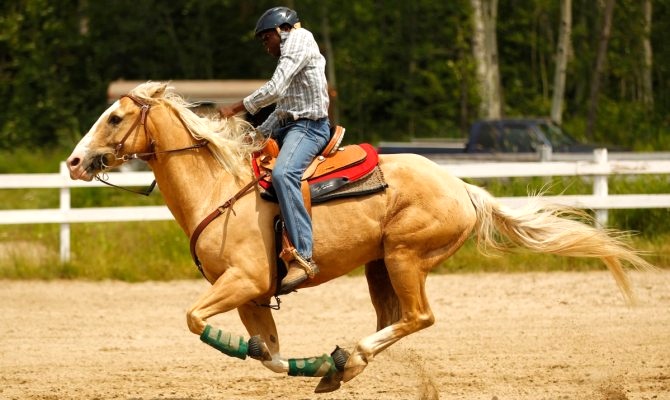Gastric ulcers are a common issue among horses and can be caused by a variety of factors, including stress, poor nutrition, and parasite infestations. To help reduce the severity of symptoms and prevent further damage, it’s important to feed a horse with ulcers the right food. In this article, we’ll look at the best things to feed a horse with ulcers and how to make sure your horse is getting the nutrients it needs.
The Role of Diet in Treating Ulcers
Diet plays an important role in treating ulcers in horses. By providing appropriate nutrition, you can help reduce the severity of symptoms and promote healing. It’s important to note that ulcers cannot be cured by diet alone, and you should always consult your veterinarian for treatment options.
The best diet for a horse with ulcers will vary depending on the individual horse’s needs, but there are some general guidelines that can help. The goal is to provide a diet that is easy to digest, low in sugar, and high in quality proteins and fats.
High-Fiber Feeds
One of the most important things to consider when feeding a horse with ulcers is to provide high-fiber feeds. Fiber is important for helping move food through the digestive tract, which can help reduce the risk of ulcer formation. Additionally, fiber helps reduce the risk of digestive upset and can help provide a feeling of fullness.
Good sources of fiber for horses include hay, grass, and hay cubes. It’s important to avoid high-sugar feeds such as grain and molasses, as these can contribute to an increased risk of ulcer development.
Added Supplements
In addition to providing the right type of feed, you may also need to add supplements to your horse’s diet. Supplements such as probiotics, digestive enzymes, and omega-3 fatty acids can help support digestion and reduce inflammation in the digestive tract.
It’s important to note that not all supplements are created equal, so it’s important to do your research and select a product made from high-quality ingredients. Additionally, some supplements can interact with certain medications, so it’s important to speak to your veterinarian before adding them to your horse’s diet.
Providing Small, Frequent Feedings
Another important factor to consider when feeding a horse with ulcers is to provide small, frequent feedings. This helps reduce the risk of digestive upset and can help reduce the risk of ulcer formation. Additionally, it can help ensure that your horse is getting adequate nutrition throughout the day.
It’s important to note that small, frequent feedings don’t necessarily mean more grain or other high-sugar feeds. Instead, it’s best to provide smaller portions of hay, grass, or hay cubes.
Conclusion
Feeding a horse with ulcers is an important part of helping it heal and reduce the severity of symptoms. The best diet for a horse with ulcers will vary depending on the individual horse’s needs, but some general guidelines include providing high-fiber feeds, adding supplements, and providing small, frequent feedings. It’s important to speak to your veterinarian before making any changes to your horse’s diet to ensure it is getting the nutrients it needs.

